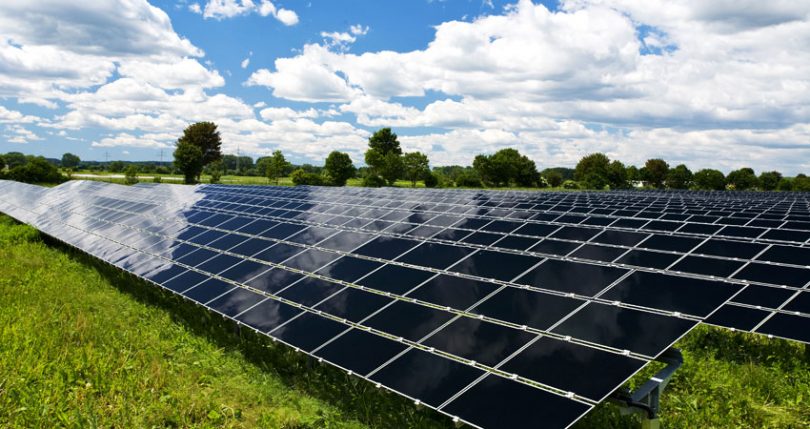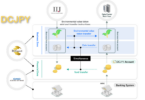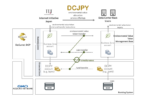Power Ledger, a blockchain energy trading startup, has announced that it has agreed a partnership with E-NEXT, a subsidiary of Austrian utility company Energie Steiermark.
The project will initially involve ten solar-paneled households in Graz, Austria. These will be able to use Power Ledger’s peer-to-peer trading platform to sell excess solar energy to one another.
As a Smart City, Graz is pushing towards having zero carbon emissions by 2050. One of the core focuses of Smart Cities is enabling surplus renewable energy produced by one building to be shared with other buildings that may not have produced enough.
E-NEXT will make use of Power Ledger’s xGrid product. Rather than houses risking wasting some of the renewable energy produced by their solar panels, which can also come with the risk of not recouping the solar panel investment, neighbors can sell excess energy to each other with the transactions recorded on the blockchain.
Another benefit of Power Ledger’s blockchain system is the compliance with the EU’s GDPR regulations. Following the implementation period, the network could potentially be extended across Graz, and ultimately across Austria.
Power Ledger says it has already struck deals in big energy markets such as the US, Thailand and Japan. They are also running a trial with Vicinity in Australia. This last agreement will enable Vicinity shopping centers to sell excess energy produced by rooftop solar panels to residents in the local area.
Other players have also entered the blockchain energy market. A pilot is taking place in Japan between Marubeni and LO3 Energy, although this is restricted to Marubeni offices and factories. This is one of several LO3 projects.
Today the Energy Web Foundation (EWF) went live with its public blockchain. It already has more than 100 affiliates, which include major companies such as Total, Shell and Siemens. EWF is pushing towards a zero-carbon and secure energy system.






